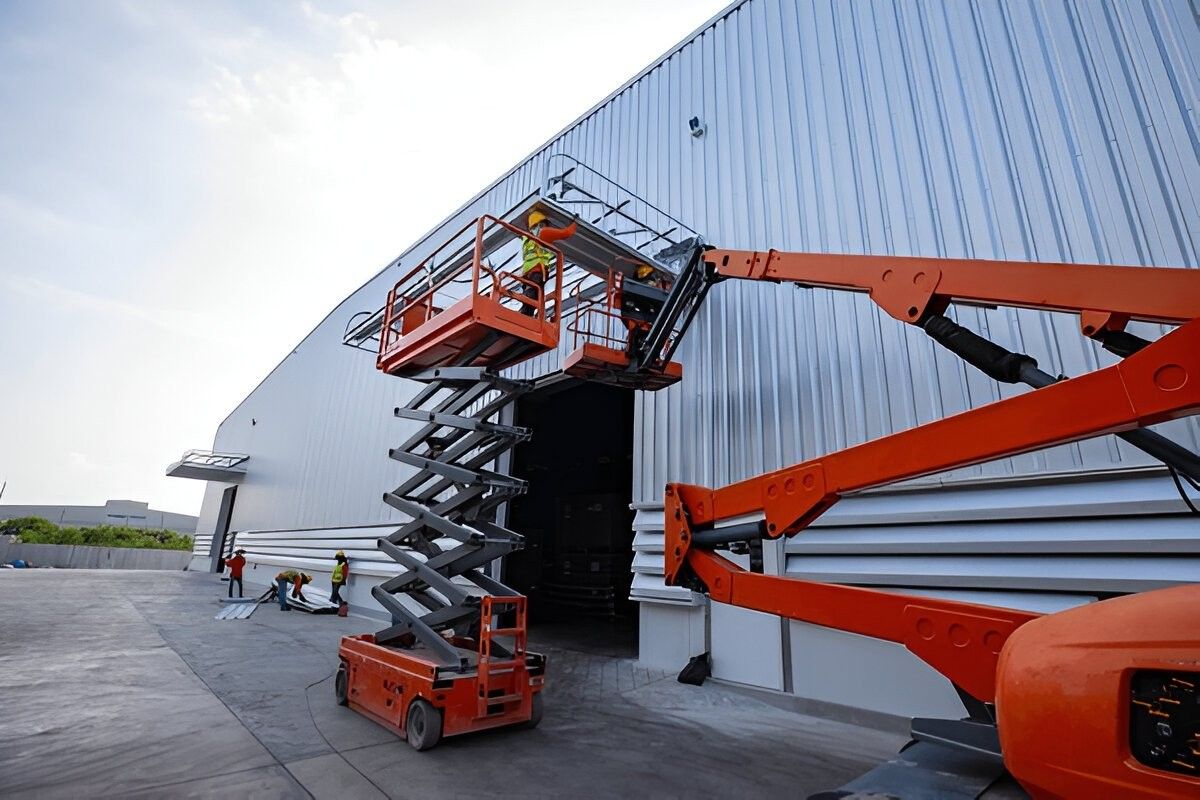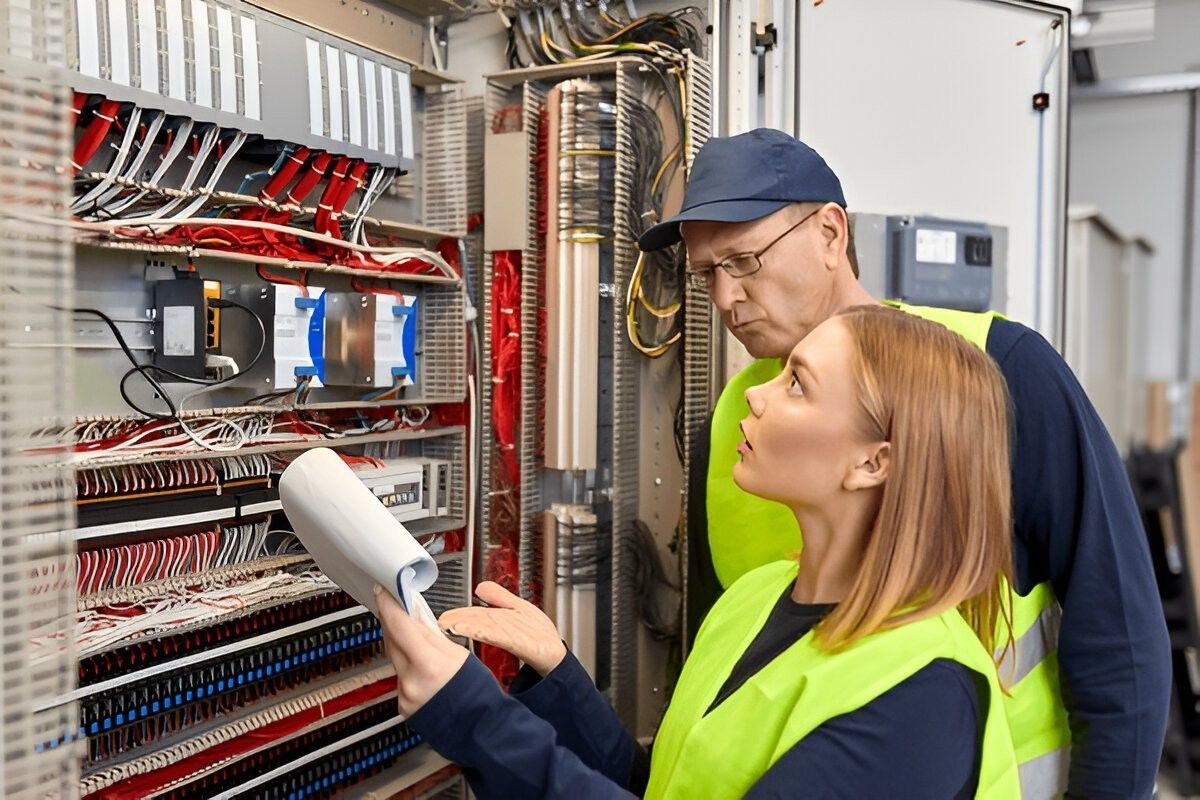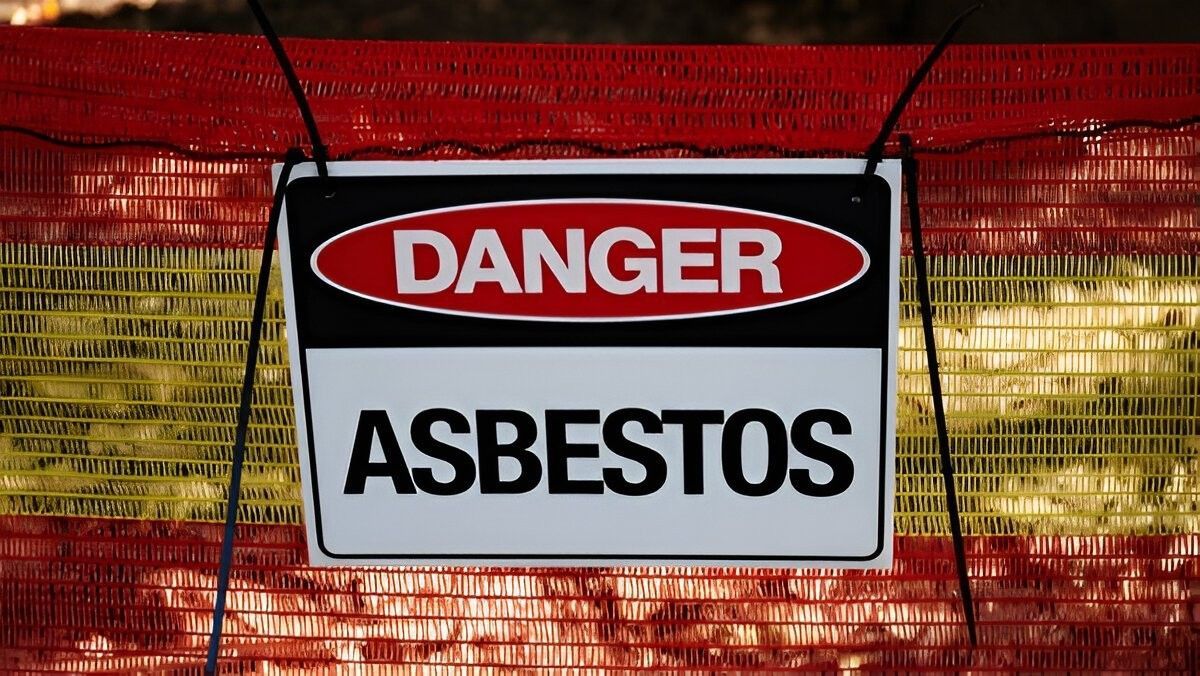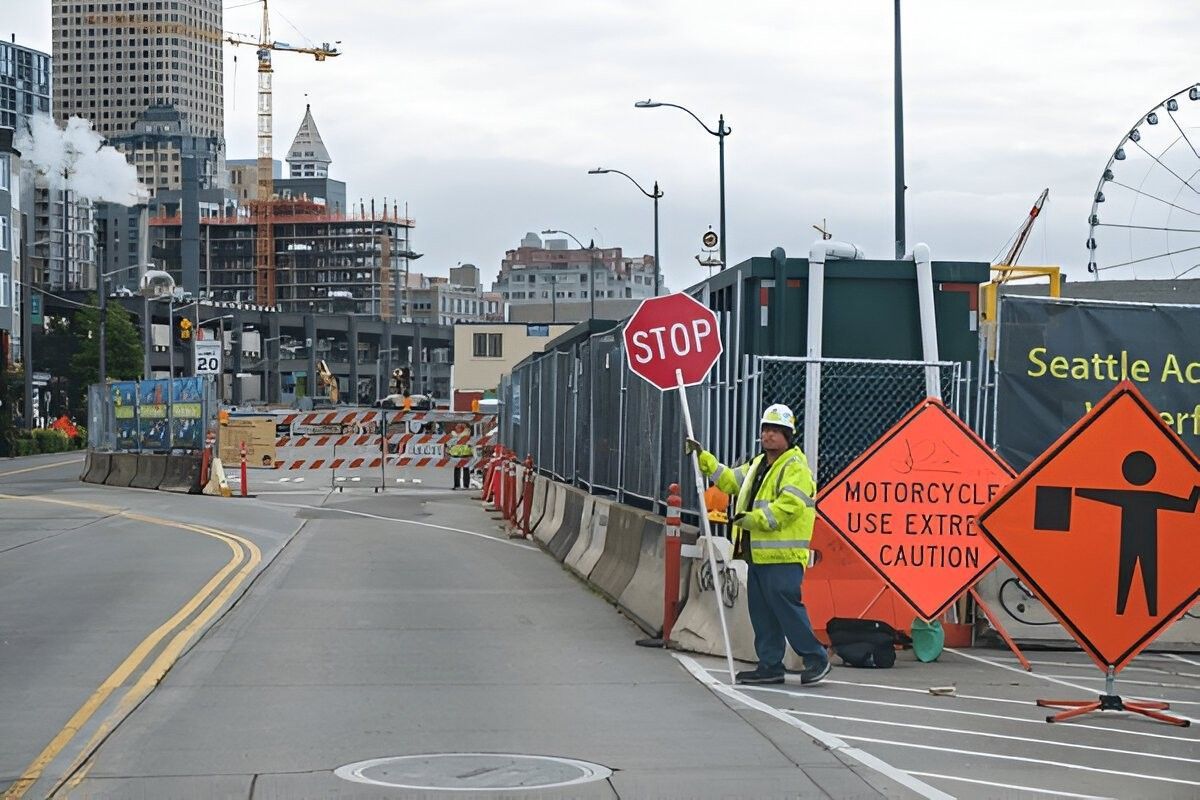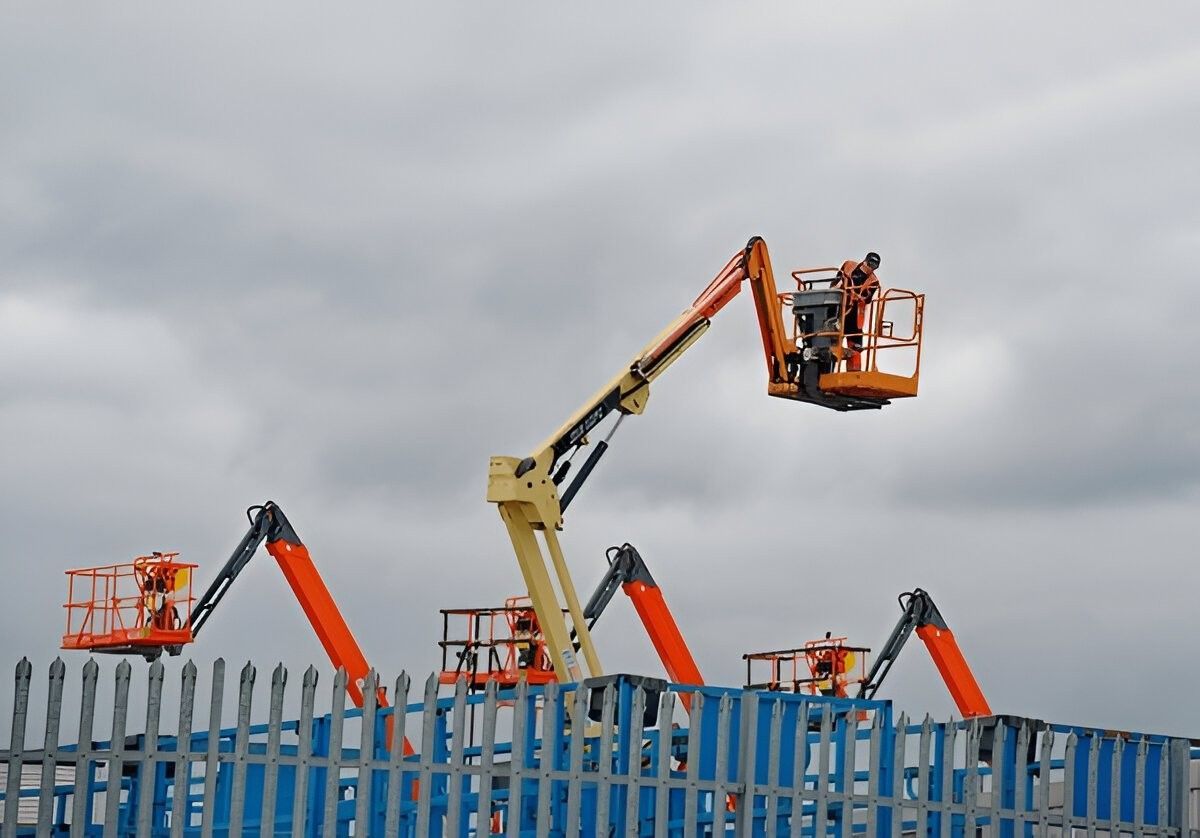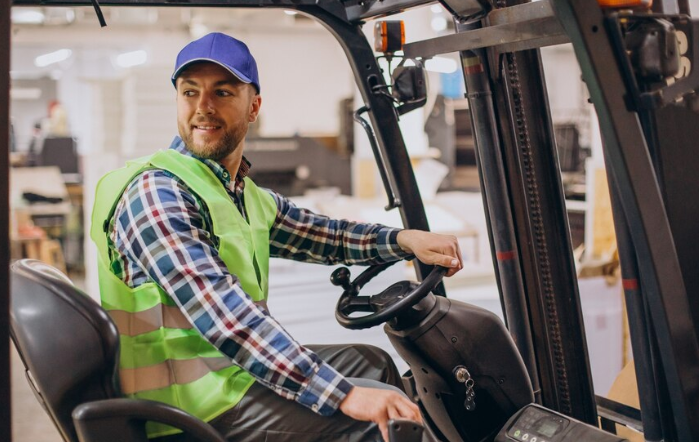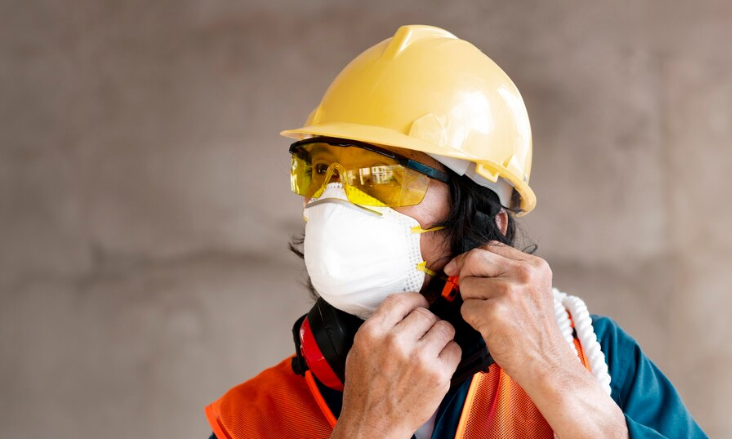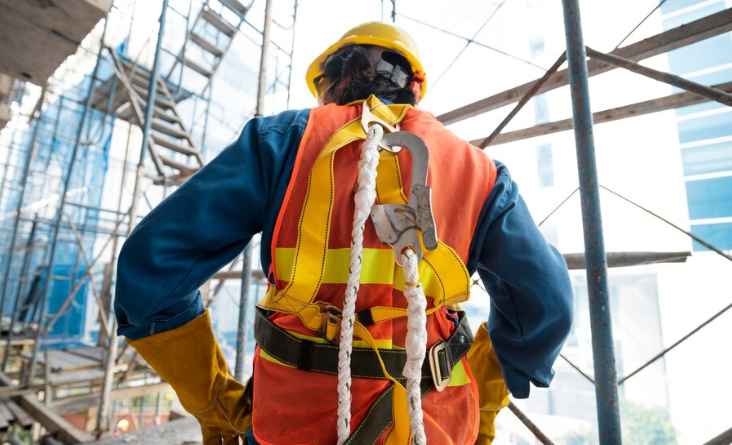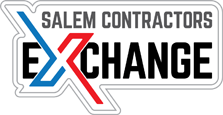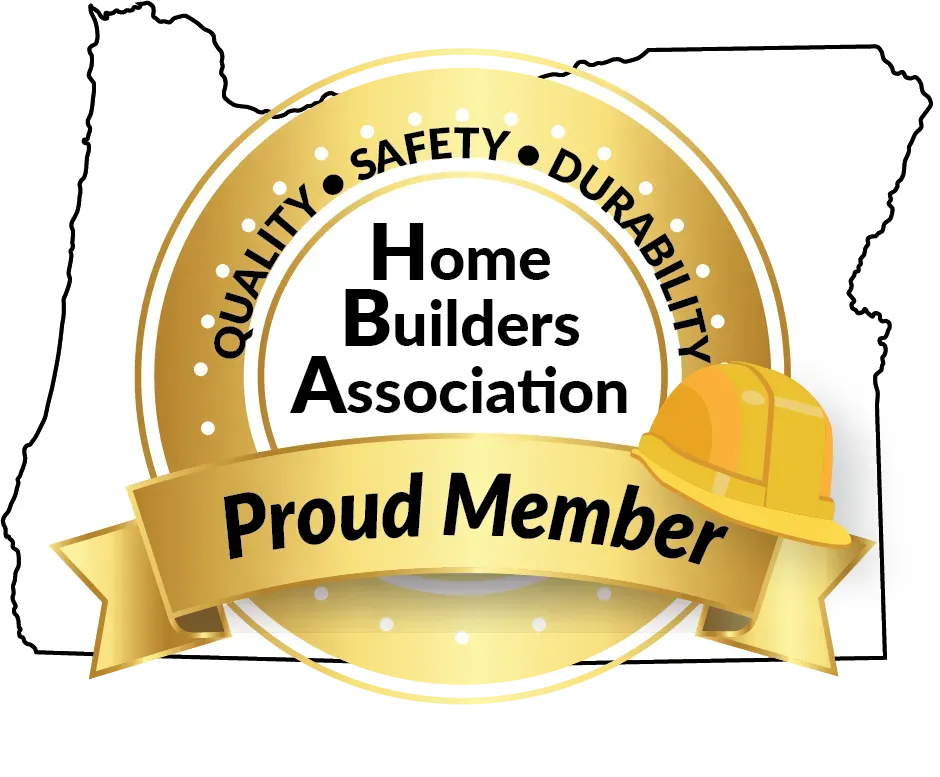Is Your Rigging Equipment Really Safe? Inspections Are a Must to Prevent Failures
Rigging failures can lead to catastrophic accidents, costly downtime, and even fatalities. Whether you’re lifting heavy loads on a construction site or in an industrial setting, the integrity of your rigging equipment is non-negotiable. That’s why all rigging equipment must be inspected regularly to ensure safety, compliance, and optimal performance.
A single weak link in your lifting system can cause devastating consequences. Routine inspections by trained professionals help identify wear, damage, or defects before they turn into serious hazards, ensuring both worker safety and operational efficiency.
The Importance of Rigging Equipment Inspections
Rigging equipment is subjected to extreme loads, harsh environments, and constant use. Over time, components like slings, shackles, chains, and hoists experience wear and tear, increasing the risk of failure. Regular inspections are crucial for:
1. Preventing Equipment Failure: Early detection of worn-out or damaged parts minimizes the risk of breakdowns and accidents.
2. Ensuring Compliance: OSHA and other regulatory bodies mandate routine inspections to maintain workplace safety.
3. Extending Equipment Lifespan: Proper maintenance and timely repairs help avoid premature replacements.
4. Reducing Liability: A documented inspection history can protect your business from legal issues in the event of an incident.
5. Enhancing Workplace Safety: Regular checks ensure equipment functions correctly, reducing risks for workers.
Neglecting inspections can lead to unexpected failures, worker injuries, and regulatory violations, which can result in significant legal and financial consequences.
What Should Be Inspected?
A thorough inspection covers all components of your rigging system, including:
- Slings and Chains: Check for fraying, cuts, corrosion, or stretched links that weaken load-bearing capacity.
- Shackles and Hooks: Inspect for cracks, deformations, or excessive wear that could lead to sudden failure.
- Hoists and Cranes: Look for operational defects, faulty brakes, damaged cables, and misalignments.
- Load Securement Devices: Verify that all fasteners, clips, and connectors are intact and functioning properly.
Types of Rigging Equipment Inspections
To maintain a safe lifting environment, businesses must follow a structured inspection process:
1. Pre-Use Inspections: Operators must conduct a visual check before each use to identify any immediate hazards.
2. Frequent Inspections: Conducted weekly or monthly, depending on usage, to detect early signs of wear and tear.
3. Periodic Inspections: Comprehensive evaluations performed by a Competent Person at least annually, or as required by regulations and manufacturer guidelines.
Each of these inspections plays a crucial role in preventing workplace accidents and ensuring that rigging equipment is always in optimal working condition.
Why Rigger Safety Training Matters
Even the best equipment won’t prevent accidents if workers lack proper training. A well-trained team understands how to:
- Select the right rigging equipment for the job to ensure proper weight distribution.
- Estimate load weights and determine the correct sling angles to prevent shifting loads.
- Communicate effectively with crane operators using standardized hand signals.
- Identify and mitigate common rigging hazards to minimize safety risks.
Proper training ensures that lifting operations are conducted safely, reducing the likelihood of accidents and equipment damage. Without it, workers may unknowingly use defective or improperly rigged equipment, leading to dangerous situations.
Final Touch:
At KARM Safety Solutions, we know that workplace safety starts with rigorous inspections and expert training. Our certified professionals provide thorough lifting equipment inspection services to help you meet regulatory standards, prevent failures, and protect your workforce. We don’t just check the basics we conduct detailed assessments to ensure every component of your rigging system meets industry standards. Our team also provides rigger and signal person training to equip your workers with the skills they need to operate rigging equipment safely and efficiently.
Don’t risk safety violations, equipment failures, or workplace injuries. Schedule a professional inspection today with KARM Safety Solutions and keep your rigging operations safe, compliant, and efficient. Contact us now to book your inspection and training!
